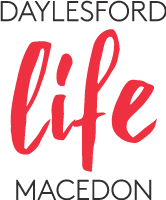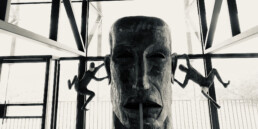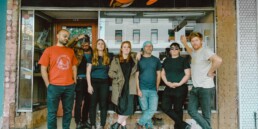In an increasingly virtual world lived online, more and more people are craving the authenticity that comes from documentary films. Whether it be in the real-life characters, the real-life stories or the real-world problems dealt with in documentary, audiences are connecting with these films like never before.
In the lead up to the Castlemaine Documentary Film Festival, being held at the iconic Theatre Royal Castlemaine from 19-21 July, we caught up with dual Emmy Award-winning documentary filmmaker and Artistic Director of the festival, Geoffrey Smith, to learn more about the art of documentary film making.
‘A good documentary allows the audience to engage with the subject in their own way – it’s not about what the filmmaker or contributors want to say. It’s about putting something out there and allowing people to have their own thoughts and feelings, which is in utter contrast to mainstream media, which tells you what to think and feel’ explains Smith.
‘First, you need to find a story that is morally and emotionally universal. The best films are often simple – something audiences can understand from the outset. There is a high degree of observational footage – more or less showing the way things happen. We are taken on a journey into fascinating and diverse places. In most instances, we will never be in that situation, but we care about other people when their lives intersect with ours, and we feel the same types of emotional and moral challenges.
Documentary filmmakers have a moral contract with the audience, who wants to believe in what is being shown. We spend years of our life crafting something because we feel strongly about it. The people who do it are doing it for genuine reasons rather than for commercial gain or fame.’
Smith continues ‘The Castlemaine Documentary Film Festival, now in its fifth year, is not just about screening great films, but also about giving those screenings something extra and turning them into memorable events. We are passionate about connecting our audience with as many filmmakers and contributors (people in the films) as possible, and the festival includes live Q&As, some on Skype, but the majority live on stage in the venue.’
Smith leaves us with the thought ‘Reality is stranger than fiction, and far more entertaining.’
Share this article
While You're Here
New Sensation: Mount Monument
The farm at Mount Monument is a lovely landscape with a volcano at its heart which rises over a…
Macedon Ranges Autumn Festival
Autumn truly is one of the best times to visit the Macedon Ranges, as the region puts on its annual…
Live Music Scene
Our sultry twilights are the perfect environment for enjoying some live music and a few local ales.…
Our top picks: Macedon Ranges Autumn Festival
The Macedon Ranges come alive in autumn, as leaves change colour, and villages celebrate the…
Outdoor Experiences,Creative Arts,History & Culture,Health & Wellness,Eat & Drink
Get on the Tools & Workshop it
Whether you are into a yoga stretch or stretching a canvas, there are plenty of opportunities to…
What’s On in Winter
Upcoming events in Autumn throughout the Daylesford and Macedon Ranges.







